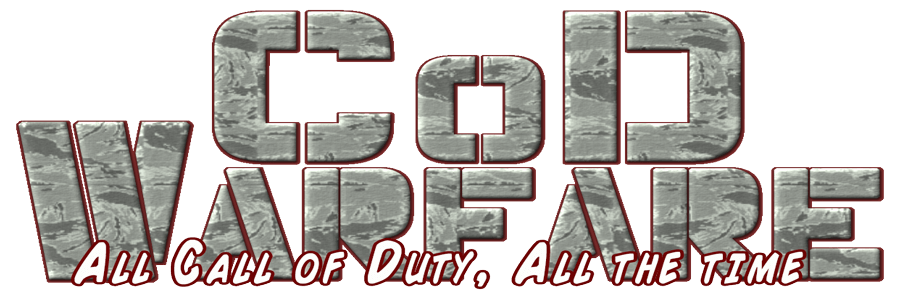
Revelations of a government surveillance program called PRISM has been nothing short of a PR nightmare for the White House. President Obama, who ran in part on a platform that included opposition to certain elements of the Patriot Act and President Bush's illegal wiretapping program, has faced tough questions about his roll in the NSA data collection system. Today, he addressed reporters in the White House Press Room, and as part of his regular briefing began to layout a path to increased transparency that he hopes will re-earn the trust of the citizens.
After consulting with members of congress and civil liberties organizations, President Obama has come up with four initial steps to improve transparency and confidence, while working to maintain essential security apparatus. First up, in a direct dialog with congress about reforming section 215 of the Patriot Act, which is the part of the legislation regarding the collection of telephone records. Obama also took the opportunity to reiterate that the government does not have the ability to eaves drop on phone calls without a warrant. The second step also involved congress and working to improve confidence in the Foreign Intelligence Surveillance Court (FISC). Most notably, he said the government would pursue reforms that would ensure judges would hear opposing views from independent civil liberties proponents.
Just as important in trying to silence critics, Obama said that he has, "directed security organizations to make as much info about these programs public as possible." Just how detailed that information is going to be remains to be seen, but in addition to already declassified documents, the president said he will declassify the legal rationalization behind section 215 of the Patriot Act. He also proposed creating a centralized, public hub of information about the government's intelligence gathering efforts. The fourth step, involves the creation of a group of external experts to reevaluate the nation's intelligence apparatus. This commission would eventually present proposals for further reforms that would improve transparency and better protect the privacy of American citizens.
He was effusive in noting that this was just the beginning of a broader move towards addressing the concerns of citizens, and repeated that "America is not interested in spying on ordinary people." However, whether or not that would satisfy many critics remains to be seen.
Developing...
More...








